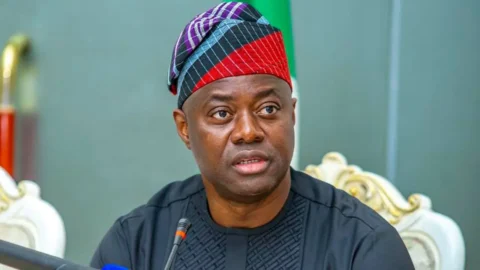The Speaker of the House of Representatives, Abbas Tajudeen, has emphasized the urgent need for more colleges of education in Nigeria, citing the country’s growing demand for quality education.
Speaking on Tuesday, the Speaker noted that despite the presence of approximately 205 federal, state, and privately owned colleges of education, the number remains insufficient to cater to Nigeria’s vast and youthful population.
“At first glance, this number may seem adequate,” Abbas stated. “However, considering Nigeria’s population of about 230 million—over 60% of whom are under the age of 24—the demand for education far exceeds the existing capacity. Therefore, the bills proposing the establishment of 10 additional colleges of education are both relevant and justified.”
He stressed that human capital is the key driver of national development, as material resources remain untapped without the knowledge, skills, and innovation of a well-educated workforce.
The Speaker underscored the importance of continuously producing well-trained and highly skilled teachers for primary and secondary education. “Expanding access to quality teacher training institutions is essential for sustaining and improving our education system,” he noted.
The proposed colleges, he explained, would not only enhance teacher education but also foster socio-economic development, create employment opportunities, and drive innovation.
“These bills reflect our commitment as lawmakers to ensuring equitable access to quality education across all regions of the country. Establishing new federal colleges of education will boost teacher training, support research, and contribute to the development of their host communities,” Abbas added.
The Speaker reaffirmed the House’s commitment to inclusive governance, stating that the public hearing on the bills provides stakeholders with an opportunity to refine and improve the proposed legislation.
“The House remains dedicated to stakeholder engagement and ensuring that these new institutions serve as catalysts for national integration and human capital development,” he concluded.





